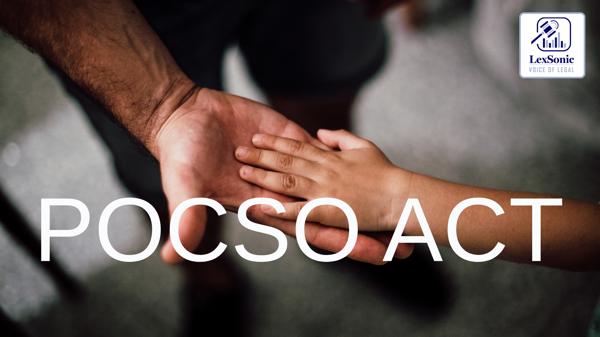A recent ruling of Jitender Raju Vs State of NCT of Delhi, the Delhi High Court has confirmed the conviction and sentence of a man convicted under the Protection of Children from Sexual Offences (POCSO) Act and Section 354 of the Indian Penal Code (IPC). The court's decision comes in relation to an incident that occurred in 2018, where a neighbor was accused of sexual assault of a minor girl, who was merely six years old at the time.
Background of the Case:
The case began when the victim's father went to the police and reported that his six-year-old daughter had been subjected to indecent behavior by their neighbor. The child informed her parents that during play on the terrace, their neighbor pulled her down to the ground floor and licked her face and other body parts. The police immediately reached the scene, and the suspect was arrested. The child's medical check-up documented the complaint of molestation, but no new injuries were observed.
Thereafter, a formal chargesheet was submitted against the accused under Section 354 IPC (assault or criminal force to woman with intent to outrage her modesty) and Sections 8/12 of the POCSO Act (sexual assault and sexual harassment of a child). The case was tried, and by orders dated 29 August 2023 and 13 December 2023, the accused was found guilty and sentenced to severe imprisonment—six years for the offence under POCSO, and five years for the offence under IPC, with both sentences to run concurrently.
Main Grounds for Appeal:
The convicted person appealed his sentence on grounds of false implication because of past rows with the victim's family and raising doubts about the credibility of the child's testimony. He also suggested that the child's mother and another possible child witness were not summoned to give evidence during the trial and cited that there had been no physical injuries as stated by the medical examiner. He quoted past court decisions that underscored the need to corroborate the testimony of child witnesses and asserted that the prosecution did not do so.
Analysis and Findings of Court:
The Delhi High Court examined the evidence thoroughly. The child, aged seven when she testified, provided a clear and consistent narrative of the event. She recognized the accused as her neighbor and explained how he assaulted her. Her cross-examination was free of tutoring or invention. The father's evidence also corroborated her testimony because he witnessed his daughter crying and heard the complaint instantly after the incident. Though there were a few differences in the timing of events provided by the witnesses, the Court found them to be insignificant.
The Court emphasized that lack of physical injuries or failure to examine the mother of the victim did not dilute the case. It ruled that the testimony of the child, reliable and corroborated in material particulars by other evidence, was credible and sufficient for conviction. The defense allegations of family enmity remained unfounded and were rejected.
Legal Principles Affirmed:
The verdict reaffirmed principles set by the Supreme Court, specifically that an able and credible child witness can be the sole ground for conviction, and no corroboration is required unless tutoring or contradictions are suspected. It also emphasized that in Section 29 of the POCSO Act, after the prosecution proves the essential facts of the offence, the onus falls upon the accused to establish his innocence—something the appellant did not accomplish.
Final Order:
Without any substance in the appeal, the High Court upheld the conviction and sentence. The Court ordered a copy of its order to be transmitted to the trial court and jail authorities, and made available on the official website.
This ruling upholds the robust protection accorded to children in Indian law and re-affirms the reliance that can be placed on the testimony of a competent and truthful child witness, even in delicate situations.
Section 354., Indian Penal Code - 1860
Indian Penal Code, 1860
Section 29, Protection of Children from Sexual Offences Act - 2012
Protection of Children from Sexual Offences Act, 2012

